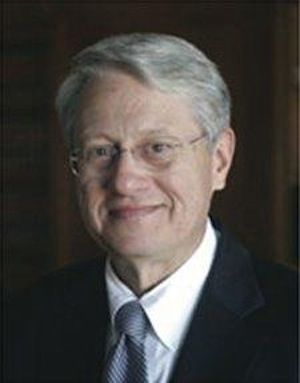Reporter in Brooklyn case challenges witness subpoena

During the death penalty trial of Ronnell Wilson, an article appeared in the New York Times about a gesture the writer observed after the jury verdict was read. Wilson’s defense attorney now seeks the reporter’s testimony as to the facts presented in that article.
Wilson was convicted in 2006 of murdering two New York City Police Department undercover detectives during a firearms transaction in Staten Island — and more recently accused of getting a prison guard pregnant —and sentenced to death for the murders. The death sentence, but not the conviction, was thrown out due to prosecutorial error, and a resentencing trial began in Brooklyn federal court on June 24.
Michael Brick worked for the New York Times in 2007 and was assigned to cover the Wilson trial. When the sentence of death was announced, Brick noted that Wilson stuck his tongue out and, according to court papers, his article “recounted the views of various people, both those involved in the case and others, about the incident and how it might affect public perception of [Wilson].”
